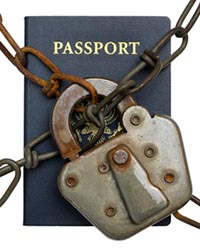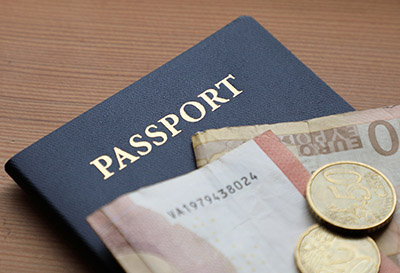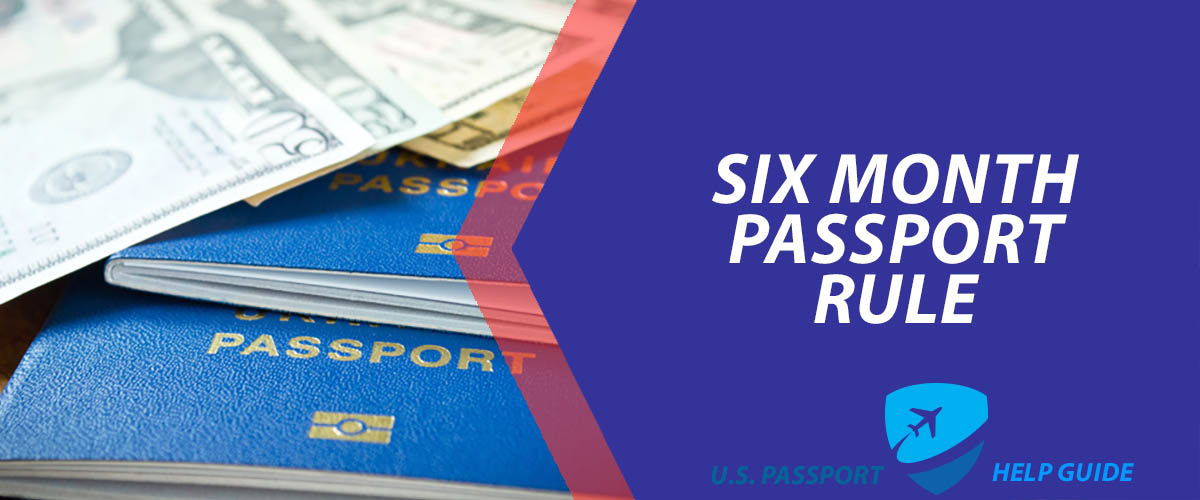Are you need a new passport in a hurry? Are you looking for a quicker way to get your passport back? Do you need an expedited service that can turn around your passports in as little as 24 hours? If this is what you need, then look no further.
Our team at Expedited Passport at National Passport Service takes pride in providing the ultimate 24-hour U.S. passport services to make sure our customers have the resources they require during times of emergency travel or international ventures. In this blog post, we will go over all the details you should know about our 24-hour U.S Passport Service including its benefits, requirements, and more.
Processing Time for a Passport (March 24th, 2023)
While it may take up to 2 weeks to receive a completed passport by mail, there are options for those who need their passport sooner. Many passport agencies and centers offer expedited services, which can significantly reduce the wait time. Additionally, some agencies offer same-day passport services for those in urgent need.
These services typically require an additional fee and may have certain requirements, such as proof of travel plans and an appointment.
- Routine 10 to 13 Weeks
- Expedited 7 to 9 Weeks
- Expedited at Agency (International Travel Required)
Call the following number to set up an appointment with the passport agency 1.877.487.2778
Same Day Passport Locations (Regional Passport Agencies)
If you’re in a rush to get a passport for an upcoming trip, you may be wondering if you can receive it the same day.
The good news is that there are options available for those who need their passports quickly. Rather than relying on standard processing times, you can utilize same-day passport services provided by regional passport agencies.
These agencies specialize in processing expedited passports and can often provide you with one in just a few hours.
What is the Fastest You Can Expedite Your Passport?
If you need your passport within 13 weeks, choose the expedited service. It takes 7-9 weeks and you can either expedite at an acceptance facility or renewal by mail.
Conclusion
If you’re looking to save time and hassle from the passport application process, 24-hour passport services may be a valuable solution worth considering. Despite their higher cost than standard processing time, 24-hour passport services can provide you with your passport quickly and conveniently as opposed to waiting several weeks or more for a traditional service route.
Ultimately, the benefit of having an expedited U.S. passport outweighs the cost when considering the time saved in being able to travel sooner.
After all, who doesn’t want to take advantage of earlier vacation plans or holiday trips home? Before making a decisive move towards choosing 24-hour passport services, however, it’s important for applicants to immerse themselves in research to gain a better understanding of the process so that they can make well-informed decisions accordingly.






